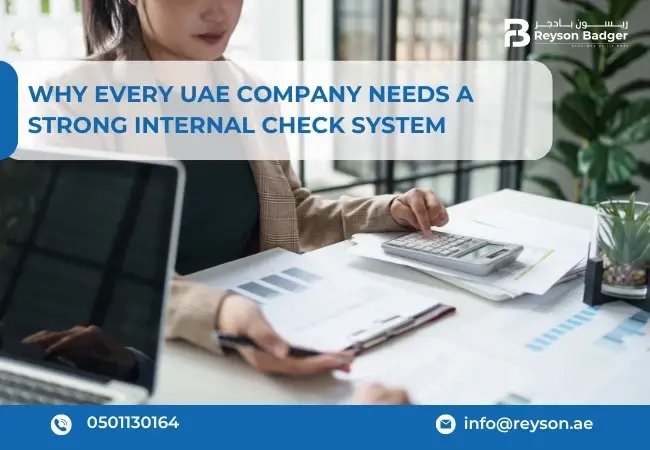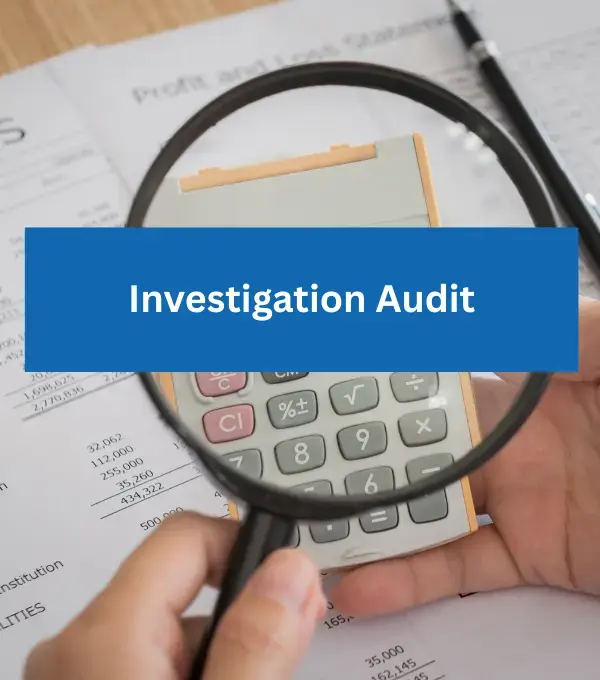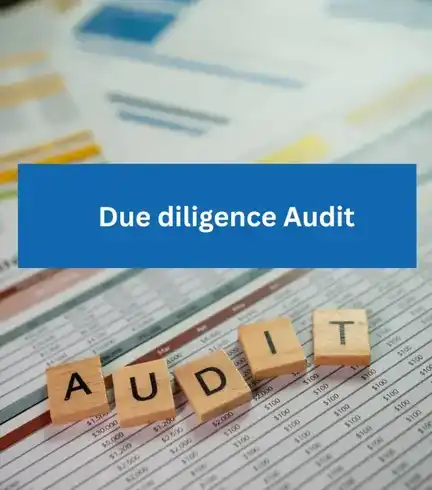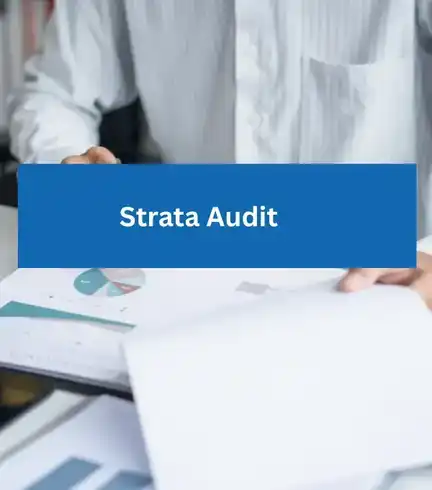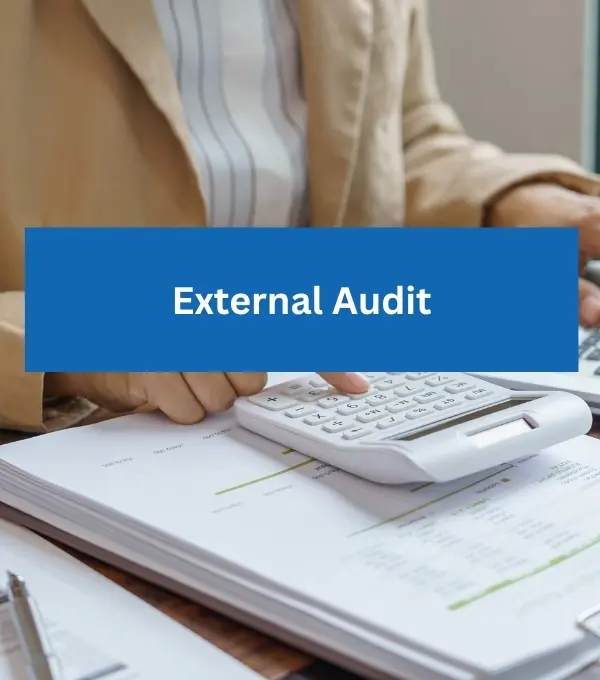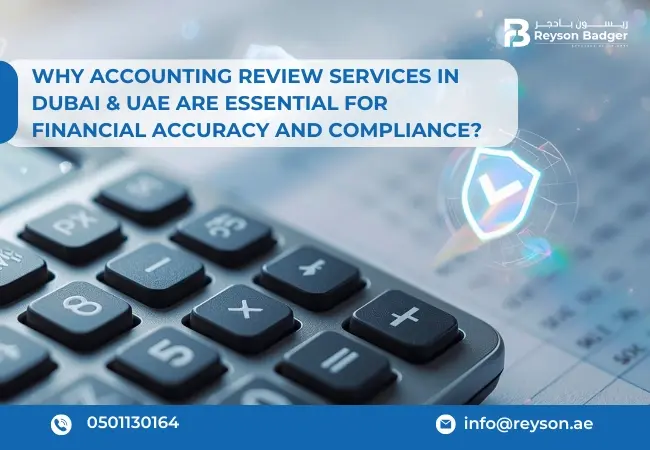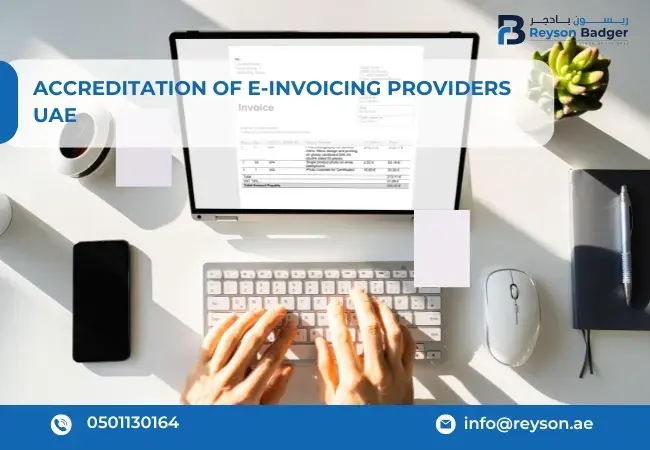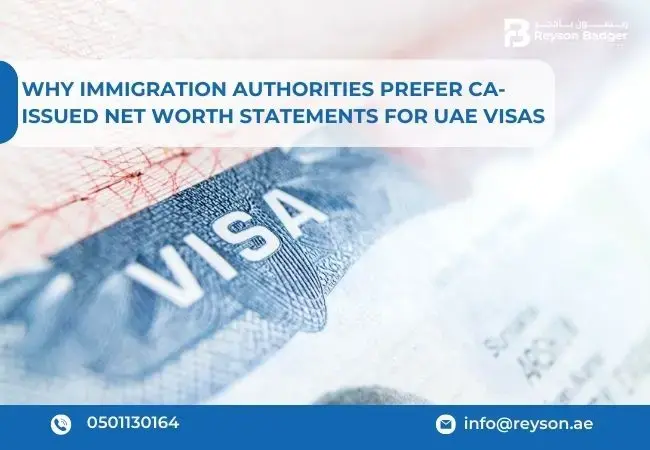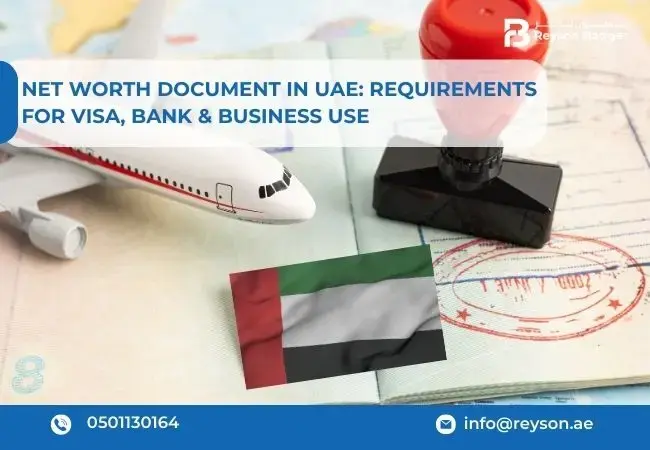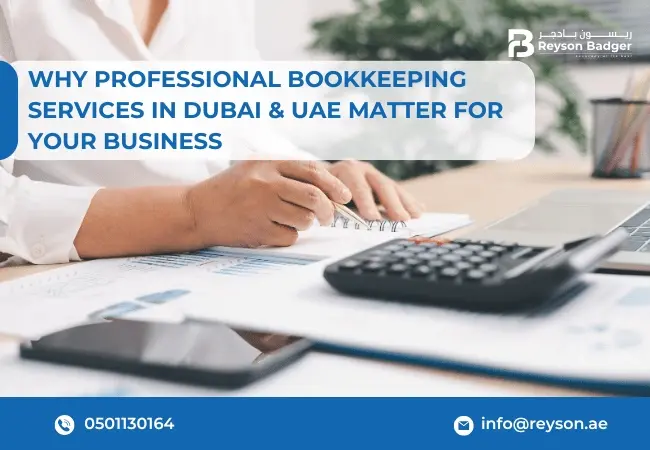The UAE's business ecosystem is evolving rapidly, with increasing foreign investments, economic diversification, and regulatory reforms. From free zone startups to multinational corporations, businesses across the Emirates are striving for growth and sustainability in a competitive environment.
In such a landscape, corporate governance and internal controls are no longer optional they are essential. The UAE government has implemented strict compliance frameworks, making it imperative for companies to adopt transparent and accountable business practices. A well-structured internal check system UAE helps ensure operational efficiency, risk mitigation, and financial integrity.
This blog aims to educate companies on the importance of implementing a robust internal check system. By doing so, organizations can enhance their credibility, comply with local laws, and achieve long-term success.
Understanding Internal Check Systems
An internal check system is a way companies organize their work to make sure no one person handles everything in an important task. This helps stop mistakes and fraud.
Key Parts of an Internal Check System:
- Division of Duties: Different people do different parts of a task so no one controls everything. For example, one person orders supplies, and another person pays for them.
- Verification: Regular checks are done to make sure records and transactions are correct.
- Authorizations: Important actions need approval from the right people before they happen.
What’s the Difference?
- Internal Check: Daily checks built into how work is done to avoid problems.
- Internal Audit: An independent review done sometimes to see if the checks and controls are working.
- Internal Control: The overall system of rules and processes to keep the business safe and honest.
A strong internal check system in the UAE helps companies work smoothly, reduce risks, and support compliance with regulations.
Implementing a Strong Internal Check System
Building a strong internal check system in UAE takes planning, teamwork, and the right tools. Here are the key steps to design and put it into action:
Steps to Design and Execute an Internal Check System
- Identify critical processes and risks: Look at your business activities to find areas where errors or fraud could happen.
- Divide responsibilities clearly: Assign different people to handle separate parts of a task to create checks and balances.
- Set up approval and verification steps: Make sure important actions require authorization and regular review.
- Document policies and procedures: Write down how tasks should be done and how checks are performed to ensure consistency.
- Train employees: Everyone should understand their role in the system and the importance of following procedures.
- Monitor and improve: Regularly review the system’s effectiveness and update it as your business grows or changes.
When to Seek Professional Help?
Sometimes, building or improving an internal check system in UAE requires outside expertise. Here are signs your company might need professional support:
- Complex business processes or rapid growth make it hard to keep controls tight.
- Recurring errors or financial discrepancies suggest existing checks aren’t working.
- Upcoming audits or regulatory changes need expert guidance to stay compliant.
- Lack of in-house expertise to design or evaluate internal controls.
Why Choose Reyson Badger?
Reyson Badger stands out as a trusted partner in the UAE for comprehensive audit, accounting, and internal control solutions. With a team of experienced professionals well-versed in local regulations and international standards, we deliver customized services that ensure accuracy, compliance, and operational efficiency. Our commitment to transparency, timely support, and practical insights helps businesses safeguard their assets and achieve sustainable growth.
 The Federal Tax Authority (FTA) has announced that businesses must complete Corporate Tax registration within 90 days from the Date of Incorporation / MOA.
The Federal Tax Authority (FTA) has announced that businesses must complete Corporate Tax registration within 90 days from the Date of Incorporation / MOA.
